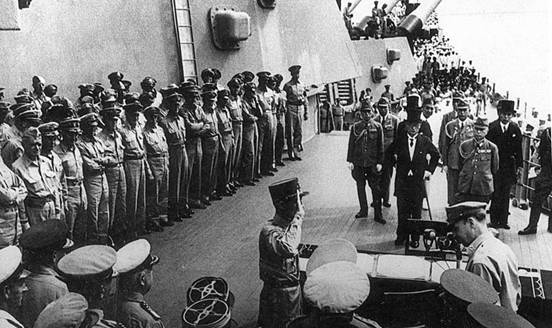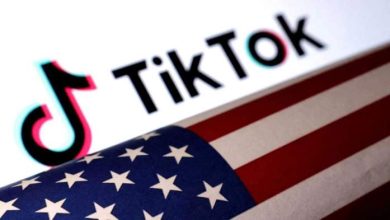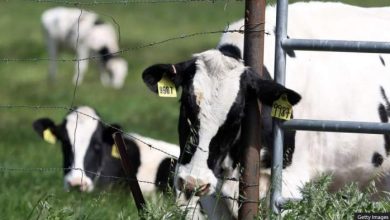Why is China’s victory against Japan invasion worth commemorating?

[ad_1]
September 3 marks the 78th Anniversary of the victory of the Chinese People’s War of Resistance Against Japanese Aggression and the World Anti-Fascist War.
A symposium with around 200 representatives was held in Beijing to commemorate the hard-earned triumph.
Read more:
Symposium commemorates victory against Japanese aggression, fascism
On the same day, the Chinese People’s Liberation Army’s armed forces also conducted commemorative activities, including remembering the martyrs and sharing stories about resistance against the Japanese invaders.
China won the War of Resistance Against Japanese Aggression after 14 years of arduous struggle. It is the Chinese people’s longest and largest fight against foreign aggression in modern times and the first complete victory in national liberation.
During the War of Resistance Against Japanese Aggression, China fought with two-thirds of Japan’s army, making a major contribution to the allied victory in World War II (WWII).
Over 35 million Chinese were killed or injured in the drawn-out fight, accounting for a third of the total casualties in WWII worldwide.
Japan’s invasion of China started on September 18, 1931, when its troops attacked Chinese barracks near Shenyang, the capital city of today’s Liaoning Province in northeast China, a flagrant breach of the international security order formed after World War I.
Six years later, Japanese soldiers attacked Chinese forces at the Lugou Bridge in Beijing on July 7. The incident marked the beginning of Japan’s full-scale invasion and China’s whole-nation resistance against the invasion.
Japan announced its unconditional surrender on August 15, 1945. It formally signed its surrender at a ceremony held aboard the USS Missouri in Tokyo Bay on September 2, 1945.

Japan formally signs its surrender during a ceremony held aboard the USS Missouri in Tokyo Bay, Japan, September 2, 1945. /Xinhua
Japan formally signs its surrender during a ceremony held aboard the USS Missouri in Tokyo Bay, Japan, September 2, 1945. /Xinhua
Starting from 2014, China’s Standing Committee of the National People’s Congress set September 3 as Victory Day to highlight the importance of China’s role in the fight against Japan and the allied victory in the Second World War.
While the Chinese, and all peace-loving people around the world, have commemorated the hard-earned triumph, many Japanese, including prominent politicians, have constantly denied the history of Japan’s aggression in WWII and refused to admit their ultimate defeat.
“Some Japanese deny the Nanjing Massacre and do not understand the history of Japan’s war of aggression. They want to develop relations with China but do not change their attitude towards this history. Japan engaged in germ warfare, formed Unit 731, used poison gas and created mass graves. What they did had beyond imagination,” Satoko Oka Norimastu, director of the Peace Philosophy Center, a peace-education organization in Vancouver, Canada, told China Media Group.
The Nanjing Massacre is one of the most barbaric episodes of WWII. On December 13, 1937, the Japanese troops captured Nanjing, and they slaughtered more than 300,000 Chinese civilians and unarmed soldiers in the following six weeks.
Unit 731 was a top-secret biological and chemical warfare research base established in Harbin as the nerve center for Japanese biological warfare in China and Southeast Asia during WWII. At least 3,000 people were used for human experiments by Unit 731, and Japan’s biological weapons killed more than 300,000 people in China.
“The Japanese people should learn more about the history. Only by knowing the history, another war can be prevented,” said Satoko.
[ad_2]
Source link





